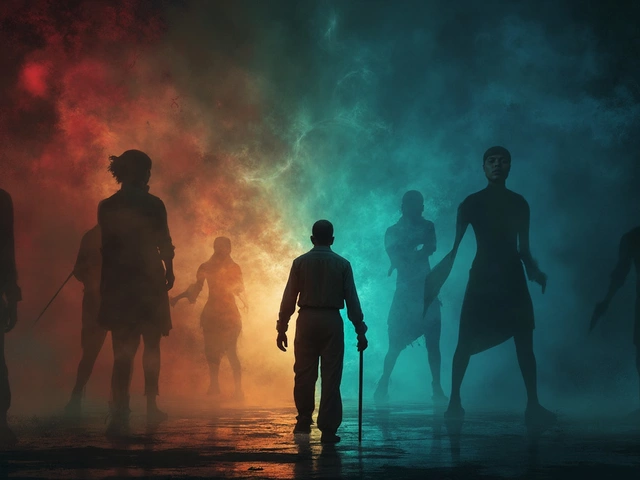Rare Disorders: What They Are and Why They Matter
When you hear the word “rare,” you might think of a collector’s item, not a health issue. In reality, rare disorders affect a small slice of the population, but they can cause big problems because they’re often missed or misdiagnosed. In India, limited awareness and the occasional presence of toxic substances in medicines make it even harder to spot these conditions early.
Most rare disorders are genetic, meaning they’re passed down through families, but some arise from unusual reactions to drugs or environmental factors. Because the signs can be subtle—like recurring skin rashes, unexplained fatigue, or odd growth patterns—people often chalk them up to common illnesses. That’s why knowing the red flags can save time, money, and a lot of worry.
Common Symptoms and Warning Signs
If you notice any of the following, it’s worth getting a professional opinion, especially if standard treatments don’t help:
- Persistent, unexplained pain that doesn’t match an injury.
- Sudden changes in vision, hearing, or balance without a clear cause.
- Frequent, severe allergic reactions that seem out of proportion.
- Unusual bruising, bleeding, or skin that looks thin or translucent.
- Developmental delays or loss of milestones in children.
These symptoms could point to a rare metabolic disorder, an autoimmune condition, or a drug‑induced toxicity. The key is that they linger longer than a typical cold or flu and often flare up after taking a new medication.
Protecting Yourself from Toxic Medication Risks
India’s pharmaceutical market is massive, and while most drugs are safe, a few contain hidden toxins or contaminants. Here’s what you can do to reduce the risk:
- Check the label. Look for the active ingredient, manufacturer name, and batch number. If anything looks off, call the pharmacy.
- Ask your doctor. Before starting a new pill, ask about known side effects and whether it’s been linked to rare reactions.
- Report adverse effects. Use the Pharmacovigilance Programme of India (PvPI) to flag any unexpected symptoms. Your report can help protect others.
- Use reputable pharmacies. Stick to well‑known chains or certified online retailers; they’re more likely to follow quality standards.
- Keep a medication diary. Write down what you take, when, and any reactions. Patterns become easier to see.
Even with these steps, some rare disorders will still slip through the cracks. That’s why a good relationship with a trusted doctor matters. If you’re dealing with unexplained symptoms, ask for a referral to a specialist—geneticist, neurologist, or toxin‑exposure expert—who can run the right tests.
Finally, remember that community support can be a lifeline. Patient groups, online forums, and local NGOs often share resources, treatment options, and coping strategies for specific rare disorders. Connecting with others who understand what you’re going through can make a big difference.
Rare disorders may be uncommon, but the impact on those affected is huge. By staying alert to warning signs, questioning medication safety, and seeking expert help early, you can protect yourself and your loved ones from unnecessary suffering.

What's the Rarest Mental Disorder?
Have you ever heard of the rarest mental disorder? Understanding these unique conditions sheds light on the complexities of the human mind. We'll dive into what makes a disorder rare, exciting cases, and ways to approach treatment from a mental health therapy perspective. Join me in exploring these less-traveled paths in mental health.

Top 3 Deadliest Cancers: What You Need to Know
Feb, 21 2025

Which Celebrities Have Undergone IVF Treatment?
Nov, 20 2025


